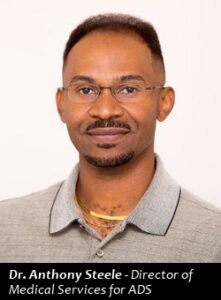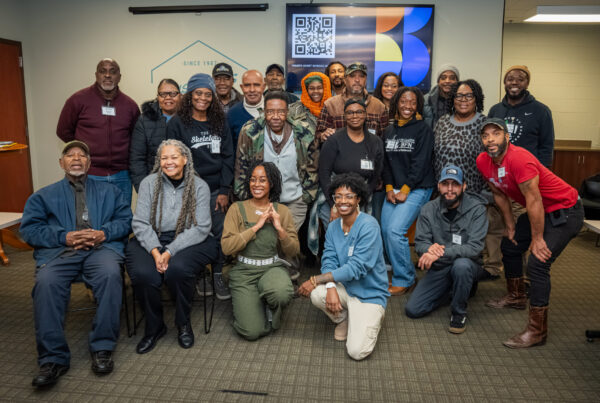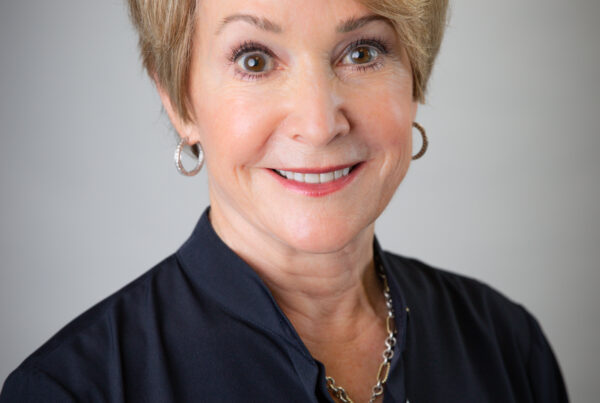 A message from grant partner, Dr. Anthony Steele at Alcohol and Drug Services:
A message from grant partner, Dr. Anthony Steele at Alcohol and Drug Services:
Mental health challenges impact so many people in our community, but stigma, cultural expectations, and systemic obstacles often prevent men—especially men of color—from seeking the support they need. At Alcohol and Drug Services (ADS), we are actively working to redefine what strength means and to normalize mental wellness for everyone.
As a healthcare provider, I believe it’s essential to break down stigma, build strong support networks, and make mental healthcare truly accessible. To achieve this, we need to create safe spaces where men feel comfortable expressing their emotions without fear of judgment. We encourage open conversations about mental health, making it as natural as discussing physical health. It’s time to redefine strength: vulnerability and seeking help are actually signs of resilience, not weakness. Highlighting real stories from men who have embraced therapy can also inspire others to follow.
Beyond just raising awareness, it’s crucial to facilitate direct access to support. This means normalizing therapy so that mental health check-ups become as routine as physical ones. Educating men on the symptoms of mental distress can help them recognize issues early. Furthermore, advocating to protect Medicaid and expand access to healthcare coverage is vital, as lowering financial barriers can significantly increase access for uninsured and underinsured populations.
Men, particularly those in marginalized communities, often face unique barriers when it comes to seeking help. To address this, we must advocate for culturally competent care, which includes diversifying the mental health workforce with therapists of color. Rebuilding trust in healthcare relationships is also critical, especially to counter past discrimination. Finally, policy reform is needed to shift from punitive approaches to recovery-focused care.
At ADS, we’re dedicated to supporting our patients by providing a space where they can talk, heal, and grow. Through our services, we want every man to know: you are not alone. Through education, advocacy, and compassionate care, we can create a culture where seeking support is seen as a natural and necessary step toward well-being.





